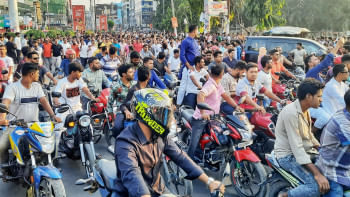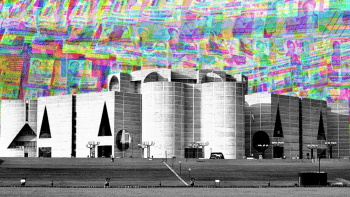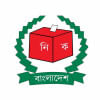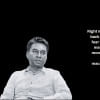Presidential election, AL strategy and the next polls

Although there was much speculation about who would become the next president of the People's Republic of Bangladesh, and although some had reported about the "frontrunners," no one knew what was about to happen. The name Md Shahabuddin as president was not even muttered under the breath so far as the media was concerned. Not just every news outlet, but most of the country, including senior ministers, appeared to have been in the dark.
But then, the ruling party stalwarts could not really express discontent for not being involved in the decision. The entire leadership of the Awami League willingly and happily relinquished any authority they had and to allow the party president, who is also the prime minister, to nominate the next president of the country.
The nomination of a president is not to be taken lightly. The next parliamentary election is due to take place early next year, and the newly elected president will be in office at that time.
When the 2014 election was held, the BNP and other opposition political parties boycotted the polls to make them questionable. But the ruling party employed a strategy whereby 153 constituencies saw their MPs elected uncontested, which meant that even before the election was held, the Awami League had secured a mandate to form the government.
And then in 2018, the general election was also highly questionable with widespread allegations, including from lawmakers and diplomats considered "friendly" to the ruling Awami League, that the election was held "the night before." The Awami League returned to power with an overwhelming two-thirds majority.
Now that Bangladesh is less than a year away from the next parliamentary election, everyone is speculating about the ruling party's strategy to win for the fourth consecutive time.

This nomination showed that the Awami League president is fully capable of pulling off a surprise without even the party stalwarts finding out. Not only was Sheikh Hasina able to evince her political shrewdness, but also that her party's strategy for the next election would most likely be a surprise as well – one that will ensure another five years in office for her party. On the face of it, this presidential nomination should at least boost the morale of the party loyalists and reassure them of another electoral victory.
Although the post of the president is mostly ceremonial – the president acts as advised by the prime minister, except when appointing the premier and the chief justice – it takes on some significance during elections when the president assumes more of an executive role, issuing directives to the Election Commission.
According to Section 5(2) of the Representation of the People's Order, 1972, all executive authorities of the government shall assist the Election Commission in performing its functions, and for this purpose, the president may, after consultation with the commission, issue such directions as they may deem necessary.
So, while the BNP and other opposition parties have been staging demonstrations demanding elections under a non-partisan government, threatening to boycott the polls (if held under the ruling government), coupled with the mounting pressure to hold an all-inclusive election, the role of the election-time president will be crucial.
Speaking to Prothom Alo, senior Awami League leader Matia Chowdhury said the prime minister had chosen a person (for president) who had full faith in the country and the principles of the constitution, and would also have a strong stand against unrest and anarchy.
The newly elected president, Md Shahabuddin, in a television interview said it was not only the desire of the government, but also the desire of the whole world that the next general election in Bangladesh be held with the participation of all political parties.
"If there is a national disaster or if there is any anarchy regarding the election, or if there is a deliberate attempt to sabotage the electoral environment, the president has some work to do," he said. "I am not going to back down from that. I am a freedom fighter; I liberated this country. We gave so much blood for the country. So if there is an attempt to create anarchy, I will play my role in making the election fair. But I would like to exercise my power judiciously and fairly so that there is no bias. So that people realise that their president has done his part for the country."
Predictably, the president has been quite the talk of the town over the last few days, as well as the likely strategy the Awami League may adopt in the run-up to the election. But as the ruling party president has shown, all those speculations could well turn out to be mere conjecture.
Mohammad Al-Masum Molla is chief reporter at The Daily Star.

 For all latest news, follow The Daily Star's Google News channel.
For all latest news, follow The Daily Star's Google News channel. 








Comments